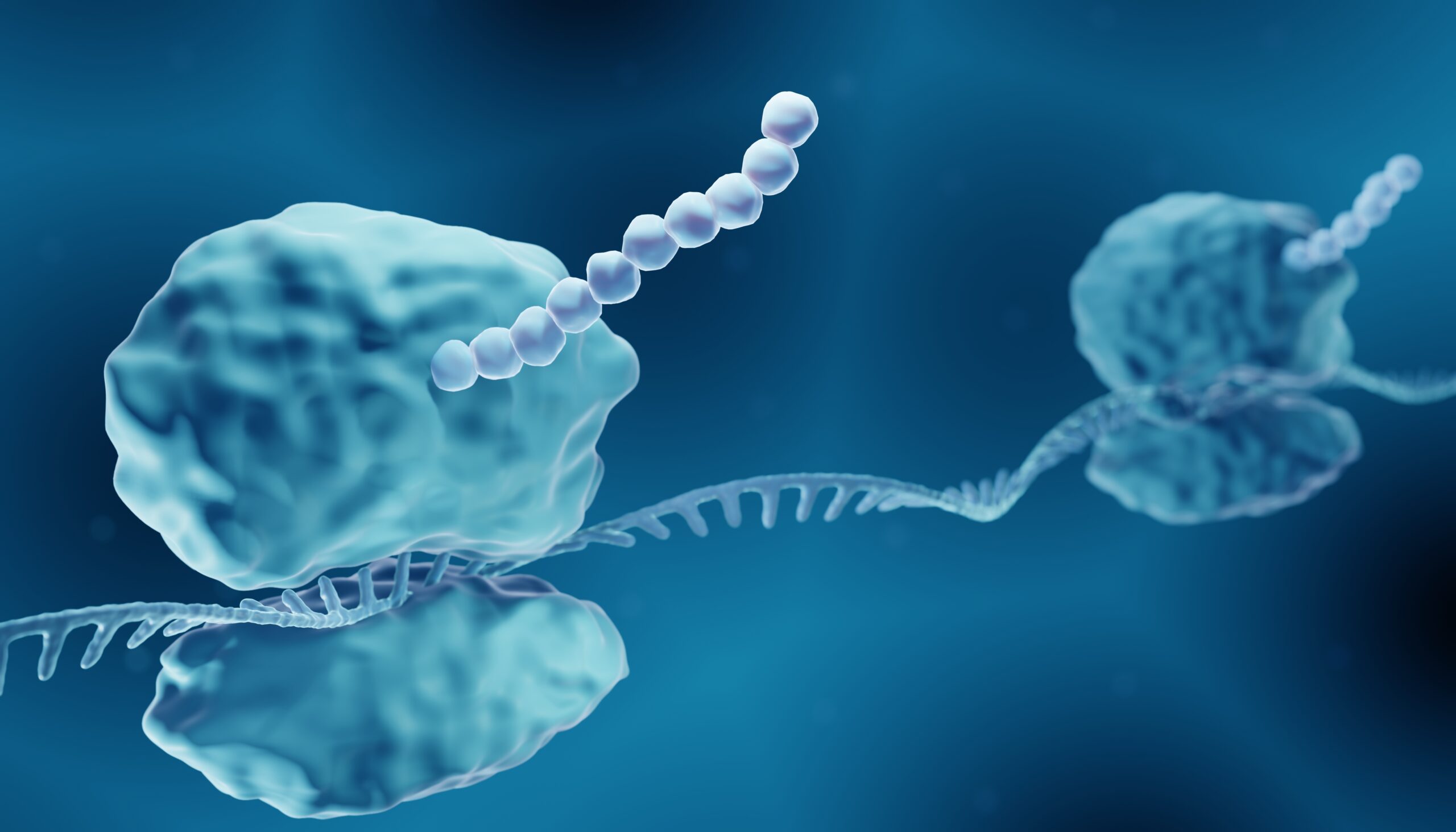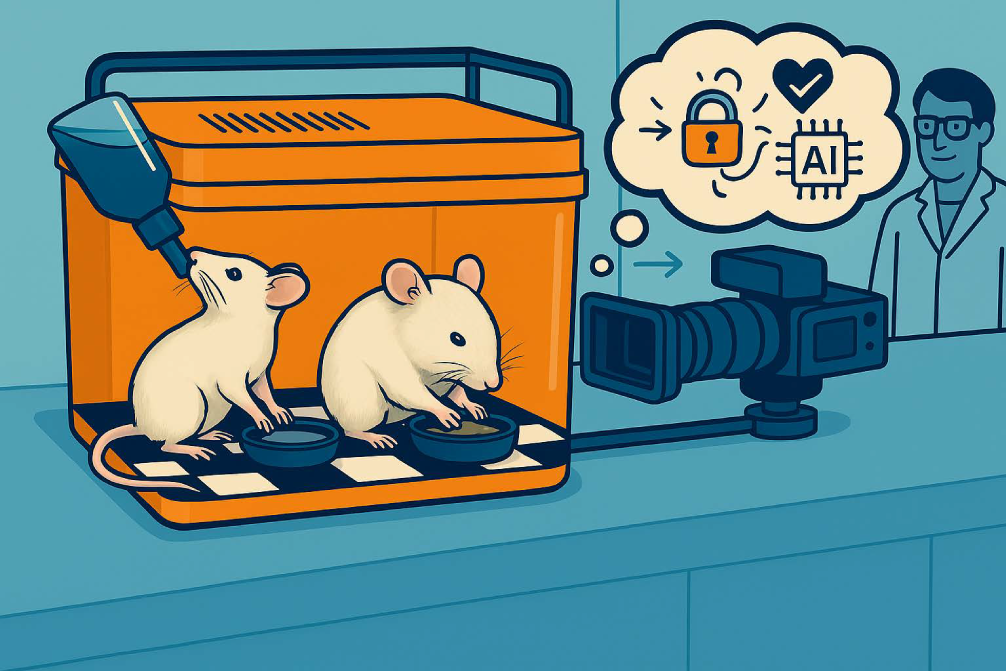How it started
In September 2023, our Advance Training Centre ran the first Mouse Models of Human Disease Workshop to share the Mary Lyon Centre’s knowledge and expertise with early career researchers (ECRs) embarking on preclinical studies involving genetically altered mouse strains.
Our commitment to the principles of the 3Rs (replacement, reduction and refinement) in animal studies, and the Mary Lyon Centre’s training ambition to make preclinical mouse genetics studies scientifically rigorous and reproducible, make this flagship course one of the main events of the Advance Training Centre’s calendar
The workshop was a great success, and our delegates were glad to share their experience with us. Have a look at our video!
How it’s going
The 2024 workshop was fully booked and, thanks to bursaries from Mouse Newsletter and the MRC National Mouse Genetics Network (NMGN), as well as generous sponsorships from Inotiv, Proteintech and Transnetyx, Advance was able to provide the new cohort of 16 ECRs from 8 institutions around the country with a full programme of lectures, seminars and practical activities delivered by established world-class experts.
The programme began with a brief history of mouse genetics that contextualised the evolution of the mouse as one of the most widely used animal models for the study of genetic diseases, and then moved on to more specific themes of genetic drift, inbred strains, and nomenclature of inbred and genetically altered (GA) mouse strains. The complexities of CRISPR for the generation of simple and complex GA strains, and the intricate requirements for breeding mouse cohorts for its various applications, were expertly untangled by our trainers Michelle Stewart, Lydia Teboul, and Sara Wells. This was followed by a technology seminar presented by Andrew Wood from the University of Edinburgh and the NMGN, who talked about protein modulation in vivo using Degron Tagging.
All sessions were punctuated by pertinent and insightful questioning from the delegates, which is always a great sign for our trainers! The addition of some exercises designed to encourage reflection on key aspects of design choices and complexity of genotyping contributed to a deeper understanding of the topics.
Conditional mutagenesis was the next big topic to be tackled, with lectures and practical example exercises designed to dissect the complexity and variety of uses, as well as the limitations, of these approaches.
The programme then moved on to one of the most important aspects of any scientific project: experimental design. Our trainers like to say that it’s all in the planning and they demonstrated how a thorough and analytical approach, coupled with the use of randomisation and blinding, results in the best and most reproducible dataset, reducing bias and minimising both the number of animals used and the need for repetition.
An afternoon for questions on complex GA strain breeding and troubleshooting was also included to allow delegates to fill in any gaps accumulated in the intensive teaching sessions.

The final day was dedicated to bringing together all the knowledge acquired during the week, with an introduction to phenotyping and a seminar by Sonia Bains on home-cage monitoring systems and the use of artificial intelligence models for phenotype analysis, which enable novel insights to be gained from the large amount of data collected by the automated detectors.
A final discussion on phenotyping concluded the marathon and the delegates also had the chance to see a lot of what they had learned in action, with a tour of the incredible facilities within the Mary Lyon Centre.
Once again, the overall feedback was very positive, and we are already planning for next year!
It’s a privilege to share our knowledge and expertise with such enthusiastic and driven young scientists!



